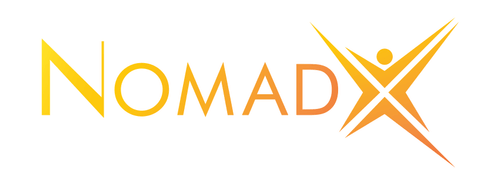Italy’s Digital Nomad Visa: Application Tips and Requirements
Italy, with its rich culture and beautiful landscapes, has immense potential to become a premier destination for digital nomads. However, it currently lags behind leaders like Portugal and Spain in attracting this demographic. To address this, Italy has introduced a new digital nomad visa allowing highly skilled third-country nationals to reside in Italy and work remotely for up to 12 months. Here’s a step-by-step guide to applying:
Required Documents:
Application Form: Fully filled and signed.
Passport: Valid passport or travel document.
Photos: Passport-style photos.
Proof of Qualification: Evidence of relevant professional experience or qualifications.
Income Documentation: Proof of income from the previous fiscal year.
Health Insurance: Coverage for the entire stay.
Accommodation Proof: Documentation of accommodation in Italy.
Employment Contract: Including a written declaration from the employer.
Eligibility Criteria:
Annual income must be at least three times the minimum required for exemption from healthcare participation (approx. €25,000 or US$30,163).
At least six months of work experience as a digital nomad or remote worker.
Application Process:
Online Submission: Apply through the new online application process for non-quota intra-corporate work permits if applicable.
Italian Consulate: Submit documents and applications via the Italian Consulate in London or other relevant consulates.
Despite its potential, Italy needs to streamline its visa processes and enhance its infrastructure to compete with the nomad-friendly environments of Portugal and Spain. These countries have set high standards by offering comprehensive support and amenities for digital nomads, positioning themselves as top destinations in Europe.
This visa aims to attract highly specialized workers, offering a streamlined application process and clear guidelines to prospective digital nomads.
For more detailed information, visit the Ministry of Foreign Affairs.




